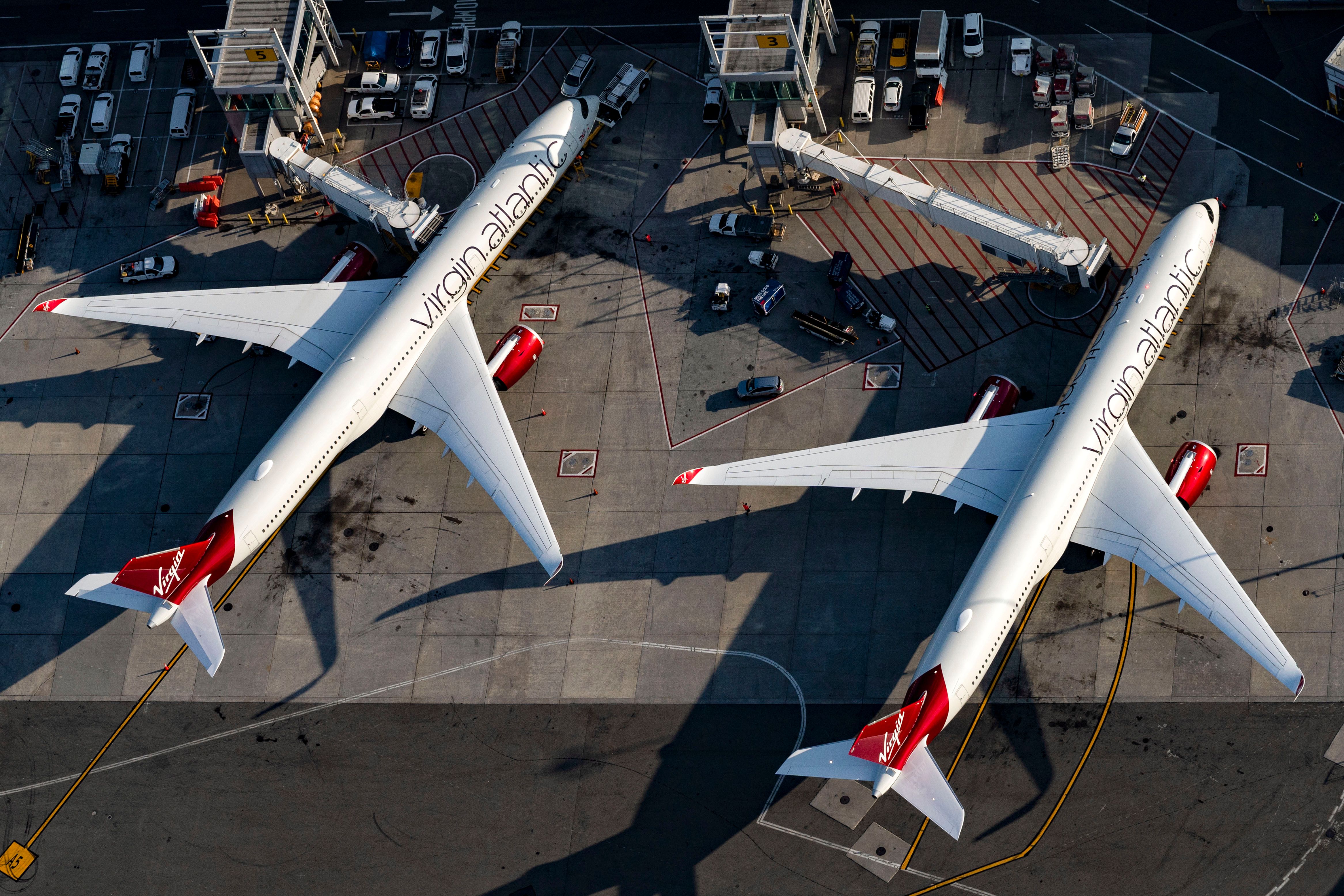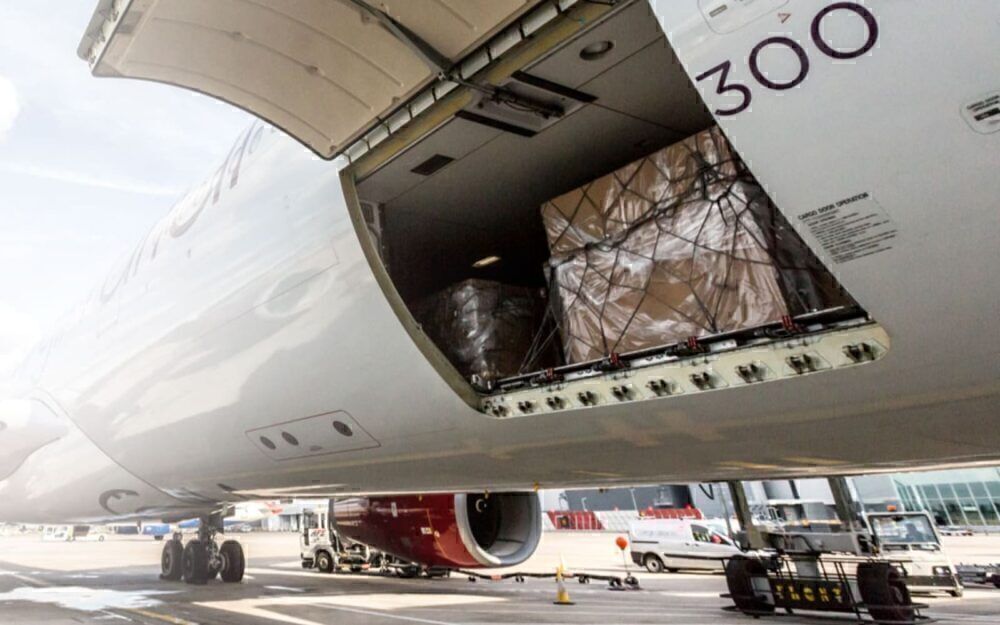Virgin Atlantic has announced its first foray into operating dedicated freighter aircraft. The airline has agreed to a deal with UK-based charter specialist Titan Airways to lease a single Airbus A321 freighter aircraft to operate between London and Brussels this coming summer.
The first freighter for Virgin
Virgin Atlantic (Virgin) is dipping its toes into the dedicated freighter market for the first time in its 38-year history. Virgin has signed an agreement with London-Stansted-based Titan Airways for the wet lease of a single Airbus A321 freighter to operate between London and Brussels. The aircraft will arrive with Virgin by the end of this month and continue operating until the end of October.
Virgin (through its freight subsidiary Virgin Atlantic Cargo) has been operating a near-daily service to Brussels throughout the pandemic, utilizing surplus passenger aircraft, which, along with usable cabin space, also offer copious underfloor freight capacity. The carrier has been picking up pharmaceuticals, perishables, and e-commerce items in Brussels for transportation to the UK and onwards on the Virgin network to the United States.
Brussels is the sole remaining cargo-only destination offered by Virgin Atlantic, which in essence turned itself entirely over to freight during the pandemic. The airline operated its first freight-only flight in March 2020 as the COVID-19 pandemic accelerated across the globe, using its passenger aircraft to carry freight both in the passenger cabin and in the belly cargo hold.
Over the past couple of years, the airline has been involved in bringing vital PPE equipment to the UK from China for healthcare workers and has carried millions of tones of cargo across its existing routes (where low passenger numbers allowed for additional cargo payload to be transported) and more recently has begun a twice-weekly cargo-only service between London and Frankfurt.
Virgin ties up with lease-specialist Titan Airways
Virgin will be leasing one of two Airbus A321 freighters that Titan Airways currently operates. However, Titan has a third aircraft currently being converted from a passenger to a freighter variant (P2F) in Singapore. The existing pair of P2F variants currently in operation both previously served with Thomas Cook Airlines in the UK before that airline failed in 2019.
According to planespotters.net, the two aircraft operated by Titan are G-NIKO (MSN 1250) which is 21.9 years old, alongside sistership 9H-ZTB (MSN1238), which is 22 years old. The latter is operated by Titan's Maltese subsidiary, Titan Airways Malta.
Titan Airways was the first operator of the Airbus A321P2F in May 2021 when it received G-NIKO from lessor BBAM having been previously converted in Singapore-Seletar in March 2021. With the two A321P2Fs, Titan operates eight A321s in total, including the recently re-delivered G-GBNI (MSN10238), which functions as a VIP transport aircraft on behalf of the UK Government.
Virgin's A321F will be a one-off
Despite the excitement this latest news might cause, Virgin is keen to clarify that this is not the start of a permanent move into operating dedicated freighter aircraft. The new venture offers the benefits of continuing a lucrative cargo-only route in conjunction with loyal partners - relationships that have developed over the pandemic.
The lease arrangement allows Virgin's wide-bodied passenger jets to return to the mainline fleet. Virgin is now flying a busy program to both the United States and the Asian sub-continent. Lastly, it allows for valuable slot pairs held by the carrier at its London-Heathrow base, which are currently not being used, to be protected.
Additionally, during the 2022 northern summer, the EU is allowing a weakened ‘use it or lose it’ slot rule for cargo flights. A ratio of 70:30 is to be applied to freight-only operations (by which airlines must use their allocated slots at least 70% of the season). But this dispensation is unlikely to be extended to the forthcoming winter 2022/23 winter season. Passenger flights are to remain at 80:20 throughout this period.
Speaking with theloadstar.com, Phil Wardlaw, Managing Director, Virgin Atlantic Cargo, has stated that this agreement with Titan Airways is not a permanent move into the operation of dedicated freighters by the leisure-focused passenger carrier. Mr Wardlaw said,
“I don’t think we’ll do freighters long-term. Perhaps we’ll look at partnerships. But we are predominantly a passenger airline. We are using the A321 primarily to Brussels, although we may look to use it on other routes as well."
The timing and market conditions are perfect
Whilst this new venture may raise some eyebrows in the industry, Virgin is convinced that the time is right to undertake such an innovative step. A mixture of challenges on EU-UK freight routes, including the long-running debacle with major cross-channel ferry operator P&O Ferries, has strengthened demand on the route so much that Virgin's confidence is robust enough to lease a dedicated aircraft.
Alongside the commercial dynamics of maintaining the route, Mr Wardlaw acknowledges that there were also slot portfolio dynamics. Due to the ongoing conflict, being forced to avoid overflying Russian and Ukrainian airspace has led to more extended transit times on Virgin’s passenger flights to the subcontinent, impacting aircraft and crew availability.
Additionally, Virgin Atlantic has not been immune from the chronic staff shortages seen across the airline industry worldwide as the COVID-19 pandemic recedes. Being able to use the Heathrow slots now as the airline recover means that they will be continued to be available to the airline in the future, rather than being lost and going back into the system to be re-allocated.
Cargo is thriving as passenger demand recovers
As demand for passenger air travel has been picking up, Virgin has been keen to rejuvenate its pre-COVID passenger operations as soon as possible. However, it is not quite back to where it was before 2020. Currently, the carrier is not flying to Asia outside of the Indian subcontinent and is waiting with interest to see if the China freight market is ready to pick up.
Commenting on how the airline views the split between passengers and cargo in the future, Mr Warlaw stated,
“The removal of restrictions on passengers has resulted in huge pent-up demand. The difference now is that passengers have much shorter booking windows than before. Where they might book a year in advance, now it is more likely to be a month in advance. We follow those trends closely, but it is more tricky than it used to be. The transition back to passenger flights is predominantly driven by passenger loads and economics. Cargo is playing a more significant part in new routes now. Yields in cargo continue to thrive, and the disruption in sea transport has supported that demand.”
Cargo’s critical success in the past two years means it is playing a pivotal role now in determining routes. Mr Wardlaw commented that if intra-Asia supply chain issues can be resolved, Virgin expects demand to bounce back on such routes. Virgin expects Hong Kong flights to resume before those to Shanghai and is not ruling out cargo-only flights to both if the demand is there.
In addition to the lease arrangement with Titan, Virgin is also investing in its Heathrow cargo hub, opening the second phase of its dedicated cargo center at dnata’s City East, which is claimed to be the largest off-site cargo handling operation at the airport. It will share these facilities with shareholder and joint venture partner Delta Air Lines Cargo. Exports will stay at its Phase 1 facility, while imports will go to the new Phase II unit.
Virgin is set for sustainable future growth
The latest developments at Virgin Atlantic Cargo serve as a pastiche to the plans for the parent airline as a whole in the coming years. The carrier’s new fleet begins to arrive shortly. The first factory-fresh A330-900 comes this September, with two more following before the year-end and an A350-1000.
Additionally, a further three A330-900s will be delivered next year and another A350-1000. Further out, four A330-900s are due for delivery arriving in 2024, and an additional A350. These new aircraft will replace older A330s and Boeing 787s as they enter service.
With the new aircraft being both cargo-friendly and more fuel-efficient, they are part of Virgin’s plan to cut emissions. In line with other major carriers, Virgin has a net-zero strategy for 2050. This will also increase the amount of sustainable aviation fuel it uses via its deal with SAF supplier Neste. The pair announced in February a contract for 2.5 million liters of SAF for the first half of this year, and Virgin has pledged to use 10% SAF by 2030.
Commenting on the airline's approach to sustainability, particularly when it comes to cargo, Mr Warglaw states,
“Our customers are at a tipping point themselves, and we are looking at where the cargo market will go in terms of sustainability. It’s not quite as clear cut in cargo which the customers are, but we want to offer sustainable solutions and we want to start measuring how we are performing in this regard."
Source: theloadstar.com, planespotters.net

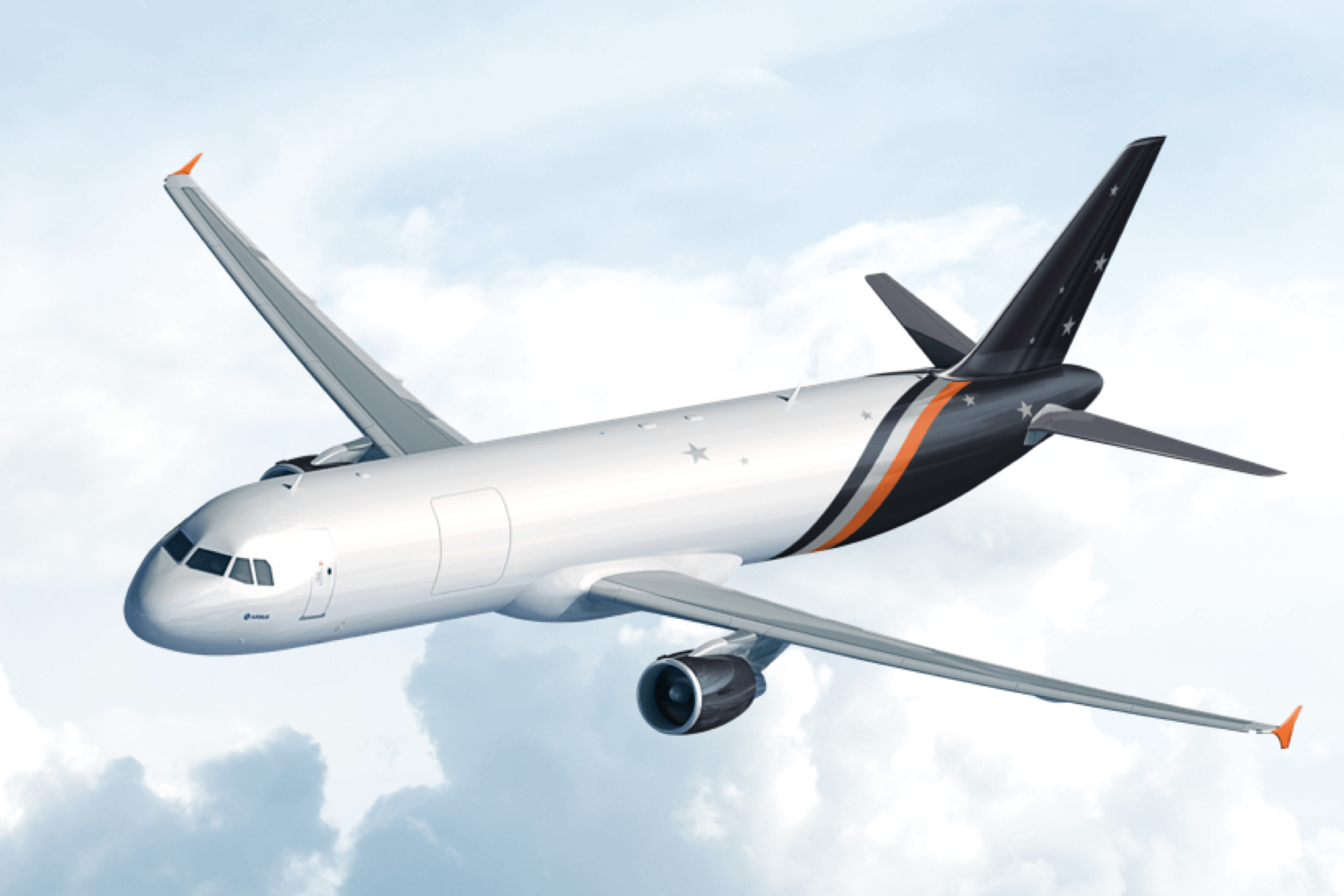
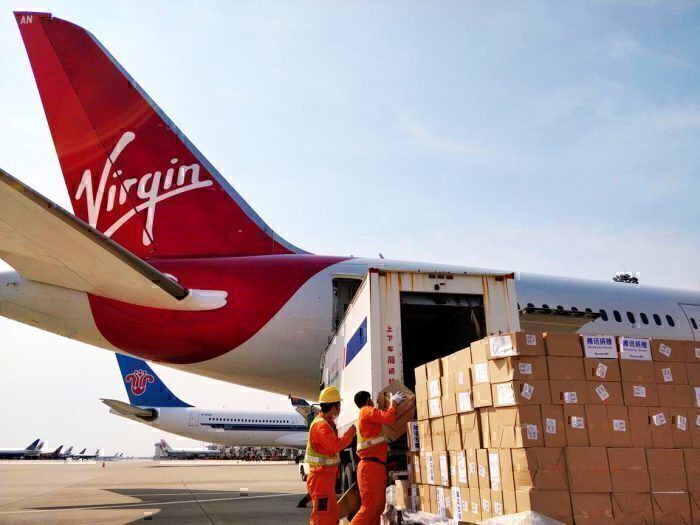
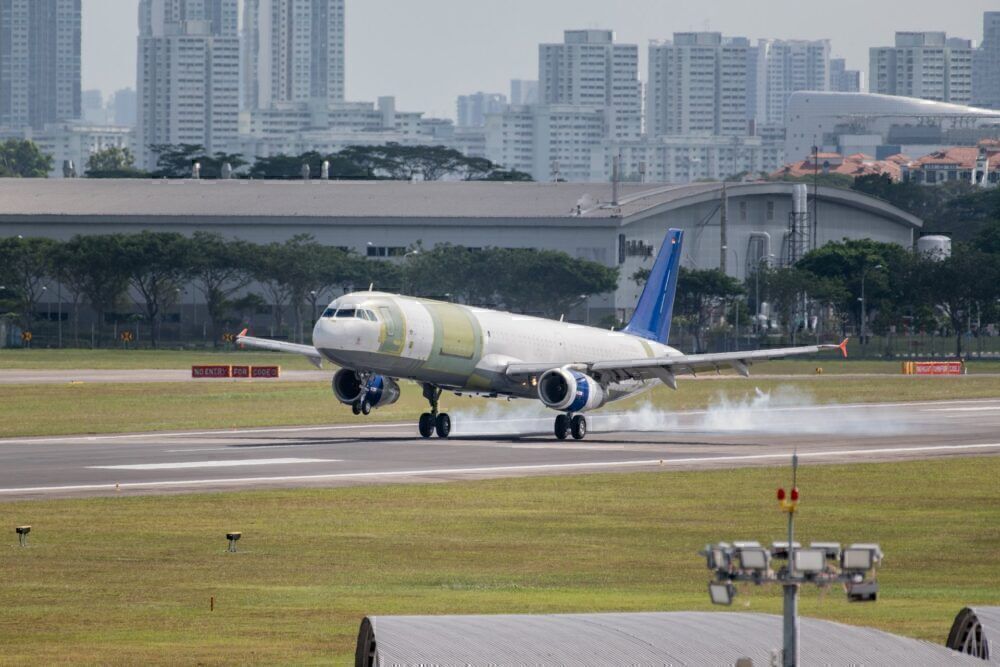
.jpg)
